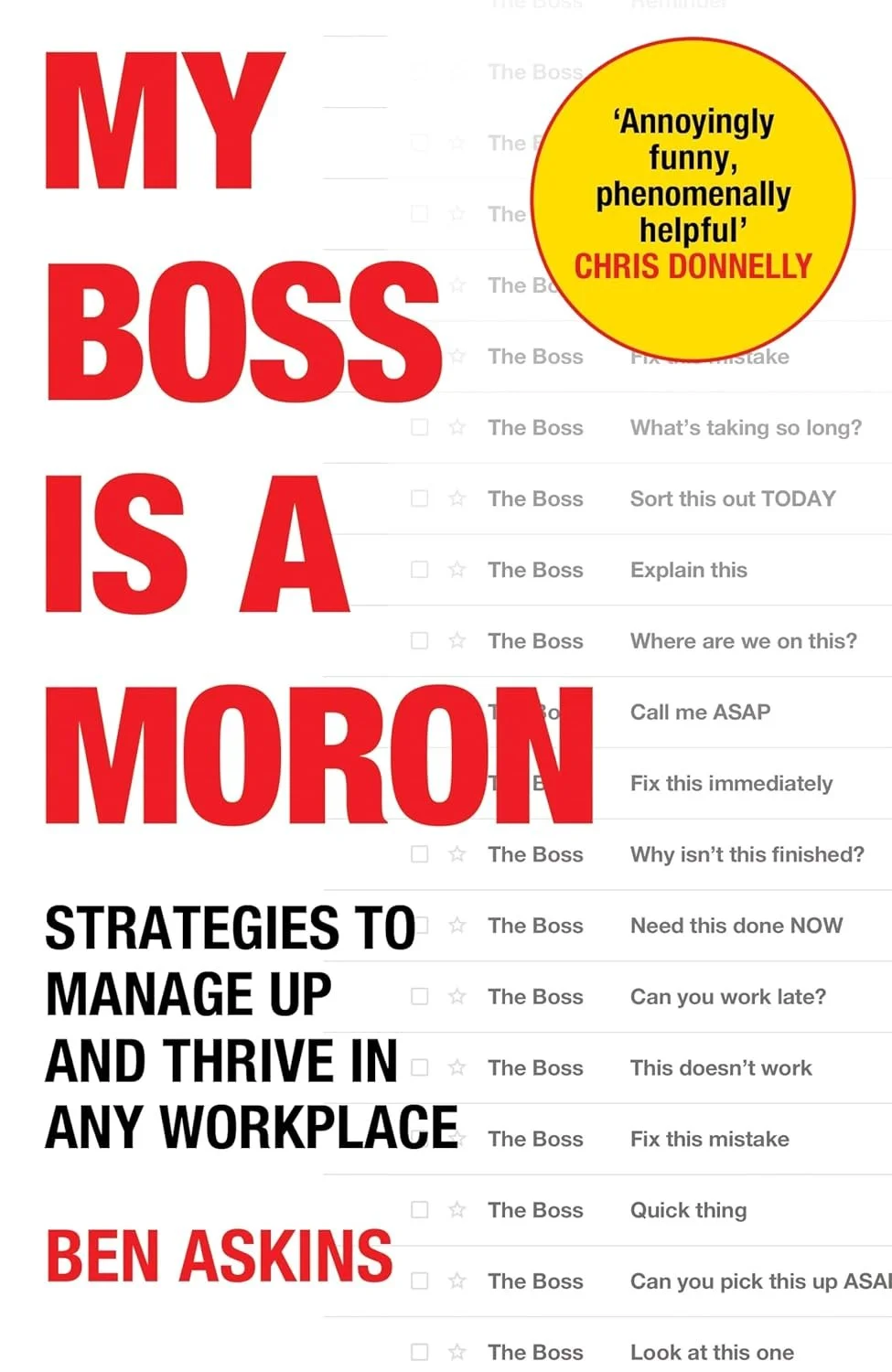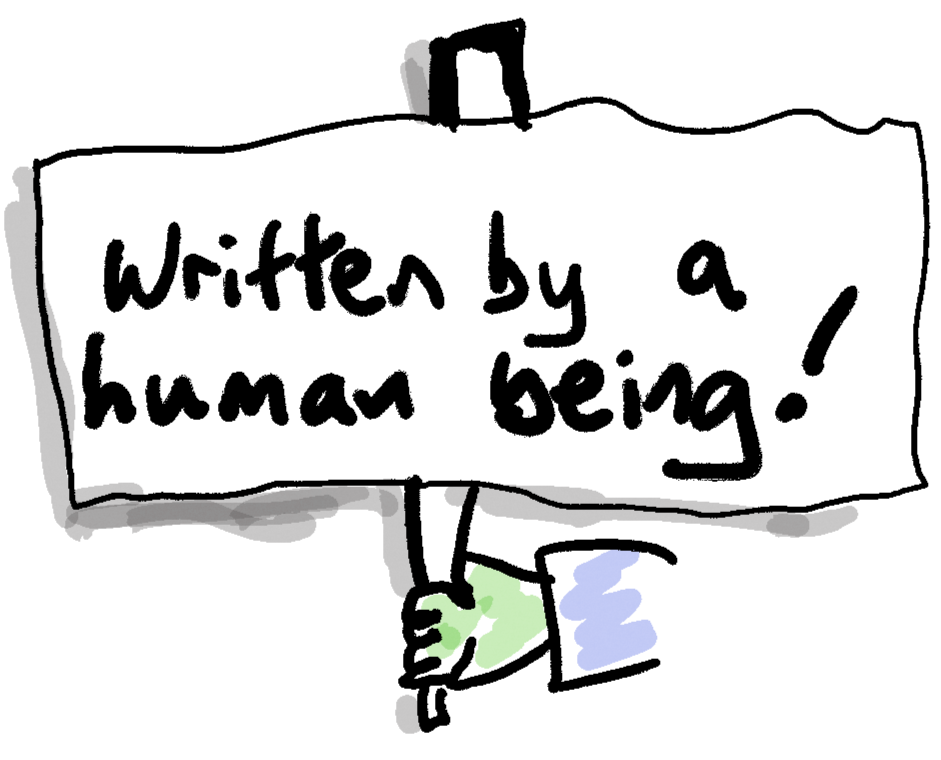Chapters look at how technology is used around the world, online communities, and building a culturally just infrastucture, amongst other topics.
Read MoreQuick look: Artificially Gifted: Notes from a Post-Genius World
The author, Mechelle Gilford, explores how AI may render our usual way of interpreting the concept of “gifted” obsolete.
Read MoreQuick look: Dr. Bot: Why Doctors Can Fail Us―and How AI Could Save Lives
Dr Bot discusses something I hadn’t really considered…
Read MoreReview: Seven Brief Lessons on Physics: Anniversary Edition
Rovelli draws readers into his world by describing the development of theories that scientists have posited to try and explain our world and the universe beyond.
Read MoreI don't agree with Cognitive Load Theory (CLT). Here's Why -- Updated
A question: is Cognitive Load Theory another example of the emperor’s new clothes?9 Good reasons to attend: the ones to put to senior leaders
All of the reasons to attend that I’ve suggested in 21 reasons to attend conferences are valid, but they are personal, in a sense. So here are 9 suggested arguments that may appeal to your senior leadership team.
Read MoreThoughts on the curriculum and assessment review
Apparently the Department for Education is working on a new writing framework. Let’s hope it will be voluntary, because if the usual substandard writing we often see emanating from the DfE is anything to go by, it will be the last thing anybody needs.
Read MoreReview: Dear Data
The authors spent a year sending each other postcards on a different theme each week, with pictorial representations of the data they had collected.
Read MoreReview: Blueprints: How mathematics shapes creativity
What place might Blueprints merit on a teacher’s bookshelves?
Read MoreA daunting prospect, so what’s your motivation? Photo by Terry Freedman
On this day: Encouraging other teachers to use education technology
Gretchen Rubin talks about four kinds of self-motivation. Might this provide a way of thinking about how to encourage colleagues to use education technology in their lessons?
Read More21 Reasons to attend conferences
It’s often difficult to get time out of school to attend a conference, but I think you should try and get to at least one a year.
Read MoreReview: Renaturing: Small Ways to Wild the World
This book could prove useful to schools keen to cultivate their own dedicated ‘back to nature’ area.
Read MoreReview: Listen In: How Radio Changed the Home
A couple of generations before the first internet cafés were opened, someone attempted pretty much the same thing by opening a ‘radio café’.
Read MoreReview: Level Up Your Lesson Plans: Ignite the Joy of Learning with Fun and Educational Materials
This book is awash with ideas.
Read MoreReview: Conversations With Third Reich Contemporaries: : From Luke Holland’s Final Account
This may be useful for the Hiostory department in your school.
Read MoreQuick look: My boss is a moron
I borrowed this book from the library yesterday and have had to stop reading it.
Read MoreIt won’t be as bad as you think! Picture: Terrified, by Terry Freedman
8 Tips for Newly-qualified teachers
Your first few weeks at school may seem terrifying, but hopefully it won’t be as bad as you think! Here are 8 tips you may find useful.
Read MoreReview: The Illusionist Brain: The Neuroscience of Magic
I was surprised to read some of the clearest explanations of neuroscience I've yet come across.
Read MoreReview: The Great Exchange: Making the News in Early Modern Europe
In Wren's telling, the real history of the news isn't just a chronology of technological inventions.
Read MoreReview: Nature's Memory
One would think that the stories told by the exhibits in natural history museums are reasonably objective and factual, but apparently not.
Read More






